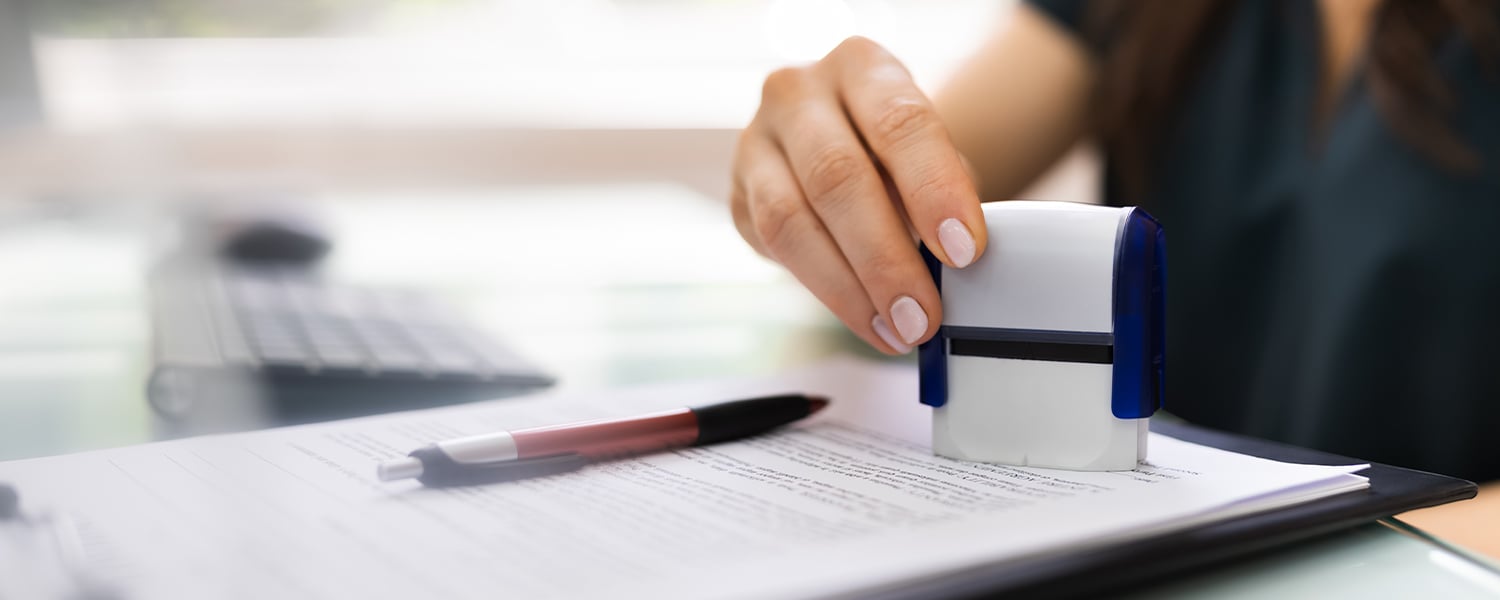Notary Public: Your Trusted Witness and Paper Authenticator
Notary Public: Your Trusted Witness and Paper Authenticator
Blog Article
Debunking Notarial Work: Streamlining the Function and Value of Notaries
Their role, frequently shrouded in enigma for several, brings considerable weight in guaranteeing the legitimacy and stability of critical files. By unwinding the complexities shedding and surrounding notarial practices light on the significance of their acts, a clearer understanding arises of the essential function notaries play in supporting the fabric of contractual and legal contracts.
The History of Notarial Job
The history of notarial work dates back to old people, where scribes played an important function in taping essential information and authenticating papers. This led to the development of notaries, individuals designated by the state to act as neutral witnesses in legal issues.
During the Center Ages, notaries obtained importance in Europe, with their functions expanding to consist of composing legal papers, accrediting signatures, and preserving documents. The rise of worldwide trade further highlighted the importance of notarial operate in validating contracts and agreements throughout boundaries.
In the modern era, notaries remain to play a crucial role in legal and business purchases by validating identities, verifying the authenticity of papers, and preventing scams. Their duty in certifying the credibility of arrangements adds a layer of safety and depend the ever-evolving landscape of commerce and legislation.

Duties and Responsibilities of Notaries
Notaries play an essential role in verifying the authenticity of records and the identity of signatories. One of their key duties is to witness the finalizing of crucial files, such as contracts, wills, and deeds, to guarantee that all events are entering right into agreements intentionally and voluntarily.
Additionally, notaries are tasked with carrying out vows and affirmations, which are important in legal procedures and the execution of affidavits. They certify duplicates of initial files, supplying guarantee to organizations that the duplicates are real replicas of the originals. Notaries need to keep exact records of all transactions they supervise to make sure transparency and responsibility. On the whole, the duties and obligations of notaries are crucial in securing the honesty and legality of numerous files and deals.
Notarial Certificates and Signatures
Exemplifying thorough focus to information, notarial certifications and signatures act as important parts in validating the credibility of legal records. Notarial certifications usually include essential information such as the date of registration, the names of the signatories, a summary of the file, and the notary's main seal. These certificates give a clear document of the notarial act, making certain that the paper can be easily identified and traced back to the notary who supervised the procedure.
Signatures play a critical role in notarial work, as they represent the arrangement and permission of the celebrations involved. Notaries thoroughly witness the signing of papers to confirm the identity of the notaries and confirm that they are authorizing of their very own free choice. By fastening their official seal and trademark to the paper, notaries license that the essential treatments have actually been followed and that the record why not find out more is valid and enforceable.
In significance, notarial certifications and trademarks are the hallmark of credibility in legal transactions, providing assurance to all celebrations included that the files are legit and binding.
Value of Notarial Acts

Registration Process Clarified
Discussing the notarization procedure offers clearness on the necessary steps entailed in validating lawful documents. The notarization procedure generally starts with the private presenting the record to a notary public. The notary then confirms the signer's identification with appropriate recognition approaches. When the identity is confirmed, the notary ensures that the individual signing the paper does so willingly and with no threat.
Verdict

Notarial certifications commonly include essential information such as the date of registration, the names visit the site of the notaries, a description of the record, and the notary's official seal. These certifications supply a clear record of the notarial act, guaranteeing that the record can be easily identified and traced back to the notary that looked after the procedure.
By affixing their official seal and signature to the record, notaries certify that the needed treatments have actually been adhered to and that the file is enforceable and valid.
By confirming the identification of the signatures, validating their desire to enter into the contract, and licensing the date and place of the signing, notaries play an important role in maintaining the credibility of legal papers.After the record is signed, the notary will certainly fasten their official seal or stamp onto the paper.
Report this page